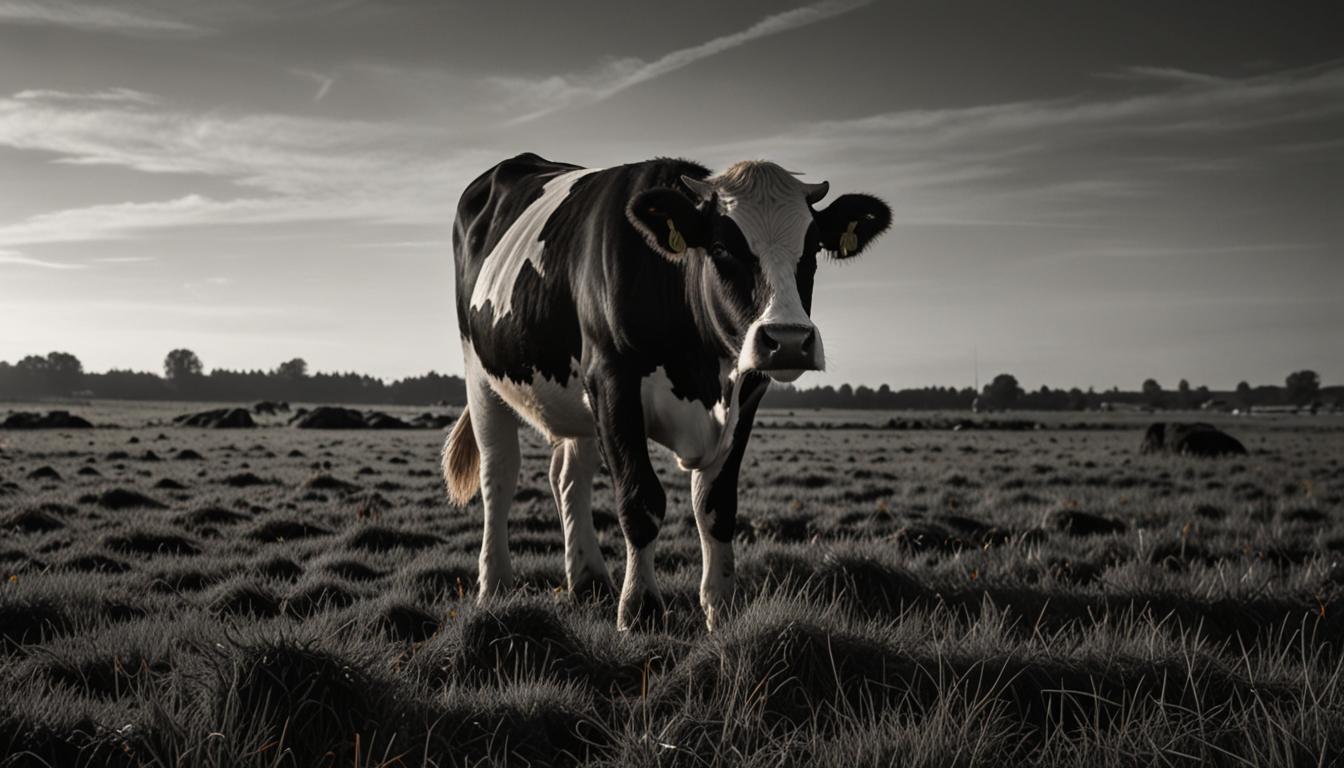Denmark has taken a groundbreaking step in the fight against climate change by implementing a carbon tax on methane emissions from livestock, with aims to significantly reduce emissions by 2030. The new tax scheme sets a precedent for global environmental policy and sustainable agricultural practices.
Denmark took a significant step towards reducing greenhouse gas emissions by introducing the world’s first carbon tax on methane emissions from livestock. This measure, implemented earlier this week, aims to cut methane emissions by 70% from 1990 levels by 2030, as part of the European Union’s broader goal of achieving net-zero emissions by 2050.
The tax, initially set at $43 per ton of CO2 equivalent in 2030, will rise to $108 per ton by 2035. This is expected to impact Denmark’s 1.48 million cows, each contributing roughly six metric tons of CO2 annually.
Denmark’s government has also encouraged a shift towards plant-based diets, unveiling a strategy to support and promote plant-based food sectors without imposing bans. This initiative seeks to reduce the agricultural sector’s climate footprint by increasing the consumption of plant-based foods.
While some experts argue that selective breeding could reduce methane emissions, concerns remain about its potential impact on meat quality and overall agricultural efficiency. The move has been met with resistance from farmers and organizations who fear possible negative economic consequences.
The carbon tax agreement was achieved after discussions between the Danish government, farmers, business representatives, and environmental groups. The measure now awaits approval from Denmark’s 179-seat parliament, where it is expected to pass.
Jeppe Bruus, Denmark’s Taxation Minister, emphasized that this initiative is a crucial step towards achieving climate neutrality by 2045, with hopes that other countries might adopt similar measures.
